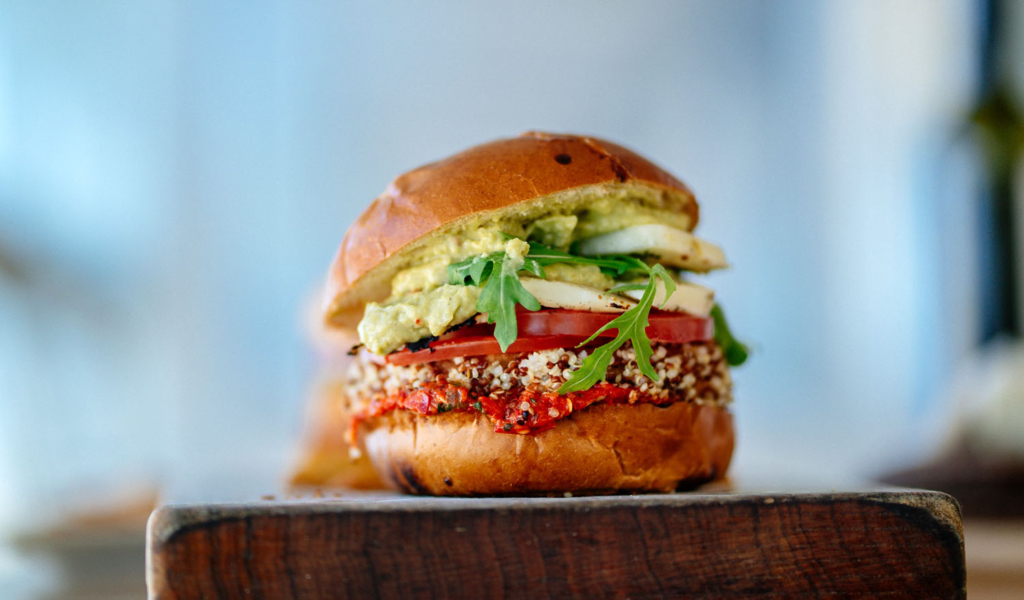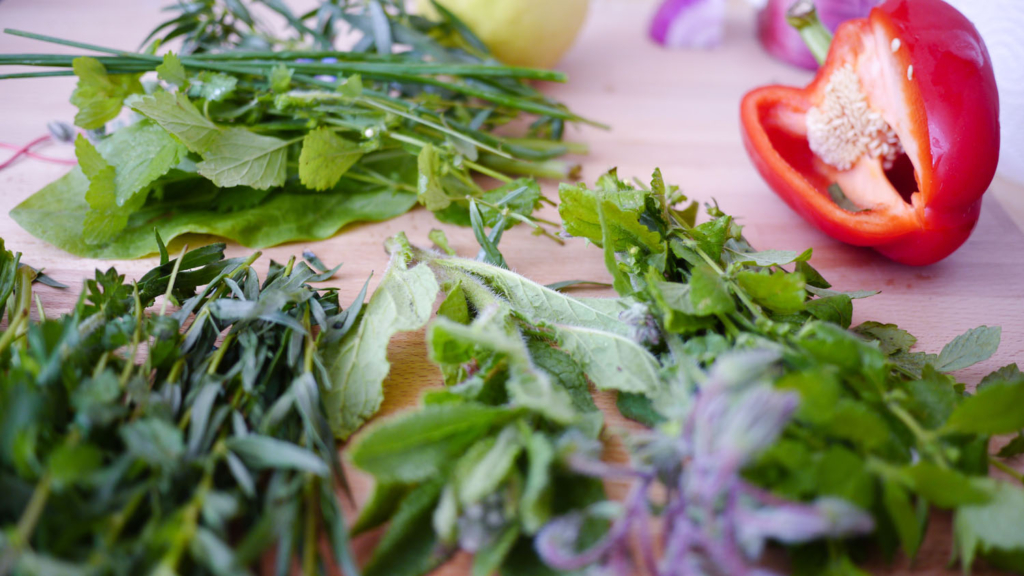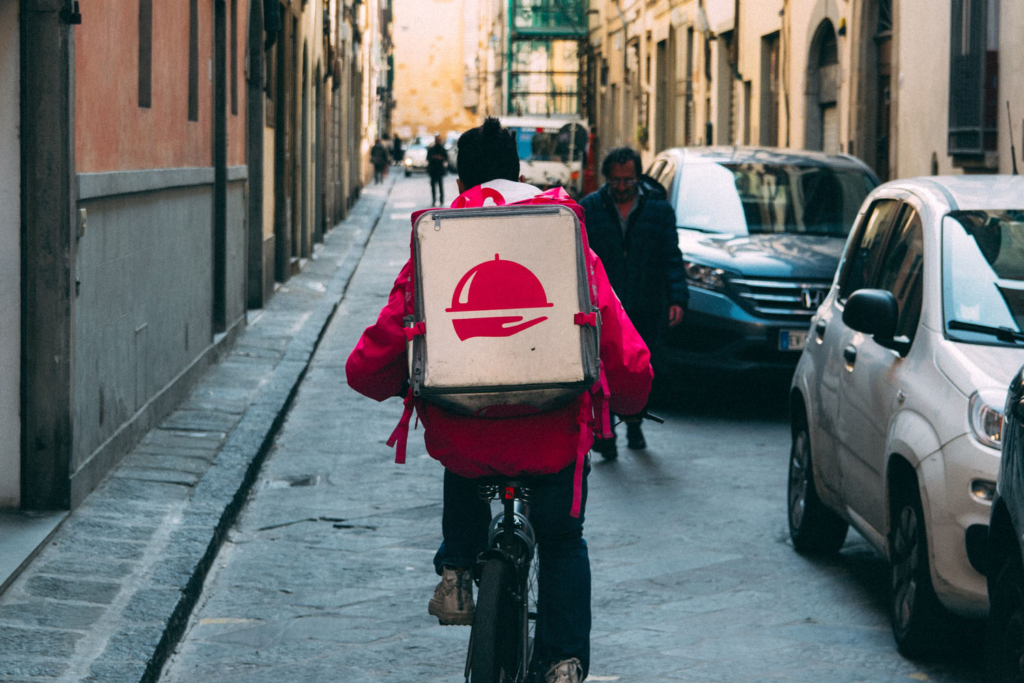Some of us have already survived 14 days of self-isolation (or more). Some are still stuck at home. Many can’t self-isolate, but are taking extra precautions. No one has remained unaffected by the unprecedented global efforts to halt the spread of the novel coronavirus. Now that the first shock has passed and most people have adjusted to the new normal, it’s time to find the silver lining on this antisocial cloud. Here are ten positive behaviours the crisis taught us – and how (and why) to keep them up once lockdowns are lifted.
1. Wash Your [Expletive Optional] Hands!
If there’s one thing every adult, child and probably even family pet has learned from the COVID-19 pandemic, it’s to wash their hands. Now we all understand the science behind the virus-destroying powers of ordinary soap, we have learned a wide variety of no-touch “handshakes” (#13 here), and everyone has a favourite song to sing for 20 seconds while lathering up.
BONUS: Maintaining good hand-washing etiquette in the long run will lower the contagion rates for other diseases. You can dial it back a bit once corona is kept at bay, but even in any normal flu season, remember to use soap and wash the backs of your hands, between your fingers and under any rings you wear.
2. Stay [Expletive Optional] Home!
Governments, health authorities and countless celebrities urged people to stay home in increasing numbers as the coronavirus spread. First, only those who had been diagnosed were quarantined, then anyone with symptoms, next it was their contacts, and finally everyone was encouraged to #StayTheF***Home. Now that we’ve all learned that staying home and minimising social contact helps contain a virus and save lives, maybe we can apply that logic to less deadly infectious diseases. If you have a cold, the flu or feel like you might be coming down with something, don’t drag yourself to the office. Work from home (if possible) or call in sick. Yes, we need universal health care and paid sick leave to make that possible – and now more than ever is the time to make that happen.
BONUS: Staying home from work if you’re ill helps you get better more quickly and protects your colleagues, increasing the overall health and productivity of the workforce.

3. Keep Your Pantry Stocked
We absolutely do not recommend prepping, hoarding or panic buying. In fact, this is the opposite of that. A well-stocked pantry is a sensible, affordable and easily achievable basis for everyday cooking, plus it means you’re never stuck without something to eat at home. Always keep a wide variety of canned and dried goods, grains, legumes, baking supplies, side dishes and herbs at home. If you’re new to home cooking, you’ll find lists online to get started, even on a budget. Once you have your staples, start learning a few basic dishes to cook with them.
BONUS: A well-stocked pantry is cheap and sustainable to shop for with minimal waste. Simply buy dried goods at a packaging-free or bulk store. Out of season, tinned fruit and veg can be more flavourful, healthy and sustainable than fresh goods.
4. Eat Fewer Animals
Meat doesn’t keep well, so it’s the first thing to go on a quarantine diet. That’s not a bad thing. SARS, avian flu, swine flu, Creutzfeldt-Jakob (aka. mad cow) disease, ebola and now COVID-19 – many pandemics are caused by animal diseases spreading to humans. Industrialised meat production and under-regulated livestock farming offer the ideal breeding ground for so-called zoonotic diseases that jump from animals to humans. The conclusion to draw from this is not necessarily cutting out all meat. However, reducing your consumption is a first step. Paying attention to the source (as local as possible) and quality (organic, free-range, grass-fed, etc.) will also go a long way towards improving the conditions the animals are kept under.
BONUS: Less, but more sustainably farmed meat is better for your health and for the environment, and meat alternatives are becoming increasingly easy to come by – and more delicious.

5. Grow Your Own Food
So you’re eating less meat and cooking more with pantry staples. But you don’t want to miss out on fresh fruits, veggies and herbs. Not going to the shops for two weeks at a time is a good reminder of how dependent we are on the supply chain that keeps us in produce on a daily basis. Obviously, the amount of home-grown food you can produce depends on your home. Got a flower garden? Turn one part of it into a veggie patch. Living in a tiny city flat? Settle for some herbs on the windowsill or a jar of sprouts. Have space but no outdoor areas? Look into hydroponics.
BONUS: Home-grown produce has zero food miles, can be harvested fresher than fresh, and greens up your home, too.

6. Love Your Home
If you don’t usually spend lots of time at home, you may have noticed shortcomings within your own four walls for the first time in recent weeks. If you’re still holed up at home, now may be the time for some DIY improvements. If you don’t have the supplies needed at hand, browse online for décor inspo or find art and home accessories to buy once things return to normal. Maybe you can even support local artisans or other small businesses by shopping with them online now.
BONUS: A beautiful home will bring you joy for a long time – even if you don’t spend every waking hour there after you return to freedom.
7. Love Your Home Office
If you’ve been working from home during the pandemic, chances are both you and your employer have grown to appreciate the advantages. After returning to the office, discuss how this option could become a part of your regular routine – then get to work setting up a proper working space at home.
BONUS: Working from home all the time isn’t for everyone. However, the option of remote work can be a godsend if you’re feeling under the weather (see above), need to get work done without interruptions, or have to wait for a delivery. It reduces time, money and energy spent on commuting, and companies can reduce their office spaces in the long term.

8. Get Creative
We often rely on external stimuli, but self-isolation has forced us to entertain ourselves – and each other – by getting creative. It pays to always be prepared for downtime with sociable activities like board and card games, crafts and making music.
BONUS: A few months from now, we’re likely to see the creative output of the corona quarantine. But even if you didn’t finally write that novel, create a great work of art or learn an instrument, at least you now know how to pass the time during the next power cut, snow day or internet blackout.
9. Know Your Neighbours
Thanks to the internet, it was easy to keep in touch with friends and family all over the world, even during a total lockdown. Those of us who rarely interact with the people living right next door, however, suddenly had more reasons to connect with their neighbours. Healthy people offered to go grocery shopping for elderly neighbours. Youngsters played with the kids next door. Bored shut-ins borrowed tools from the DIY enthusiast down the street.
BONUS: A friendly neighbourhood increases your quality of life, even when you aren’t forced into close confinement. Now that you know them, who better to water your plants, check your mail and feed the cats next time you’re out of town?
10. Be Kind And Tip Service Workers
This crisis has served as a stark reminder that the very people who are considered “essential workers” are often precariously employed, badly paid and exposed to health risks on a daily basis. Be kind and considerate to supermarket cashiers, restaurant staff, food deliverers and all the other working people who make your life a little bit easier every day.
BONUS: Tip service workers well, and they will repay you in good service. It’s that simple.
#staysafe #stayathome #selfisolation #selfisolationactivities















Sorry, the comment form is closed at this time.